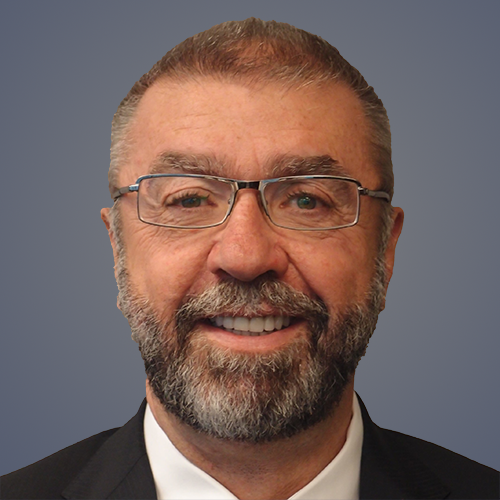The Canadian Prairies have a long history of variable and extreme weather, shifting between periods of wet and dry and resulting in large variations in water availability between years and seasons. This variation in the availability of water leads to disasters that are all to familiar, and only anticipated to become more frequent and severe with climate change – flood and drought.
Natural infrastructure is gaining momentum as an approach to delivering infrastructure services (e.g., reliable water supply, improved water quality), while supporting watershed health and the resilience of communities. The role of natural infrastructure in flood protection is a more common application, while the use of natural infrastructure for drought mitigation is less understood.
The prairies are no stranger to drought and flood, sometimes even in the same year. Drought and flood can be considered two sides of the same coin, and there is real potential for natural infrastructure to be designed and implemented to address both at the same time.
This webinar brings together experts to build momentum around natural infrastructure to help with not only flood, but drought, too. We will discuss how drought and flood are anticipated to impact the Canadian Prairies in the future and share examples of natural infrastructure in practice, wrapping up with discussion and audience questions.
Moderated by Kerra Chomlak from ClimateWest, the webinar will include:
- Dr. Heather Morrison of ECCC will discuss how climate change is anticipated to impact the hydrological cycle, including the frequency and severity of drought and flood across the Canadian Prairies.
- Colin Whitfield, University of Saskatchewan will provide some practical information on how wetlands contribute to flood and drought mitigation, particularly important as we face increasing risk of severe and prolonged drought.
- Lesley Peterson from Trout Unlimited Canada will share their work with beaver analogues in Southern Alberta, helping to maintain stream flow for threatened West Slope Cutthroat trout and local residents.
- Justin Reid, manager of Manitoba’s Redboine Watershed District will discuss the growing interest in water retention across the watershed, enhancing surface water storage, promoting groundwater recharge, and mitigating flood risk downstream.



